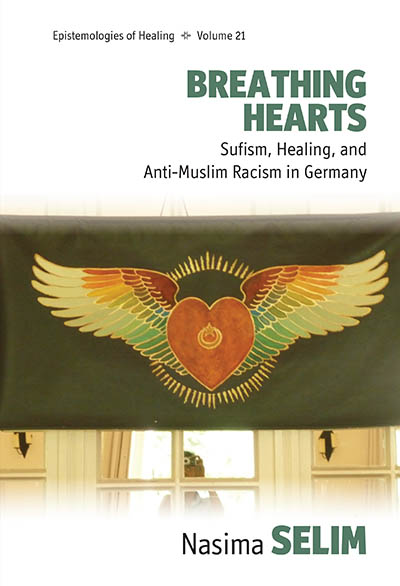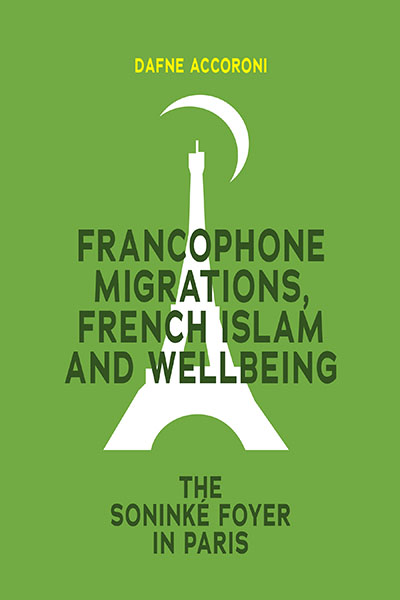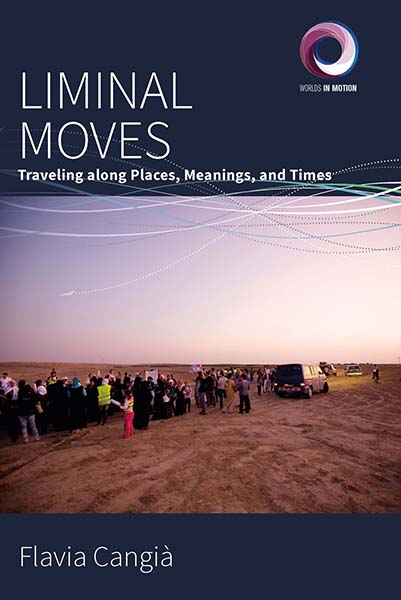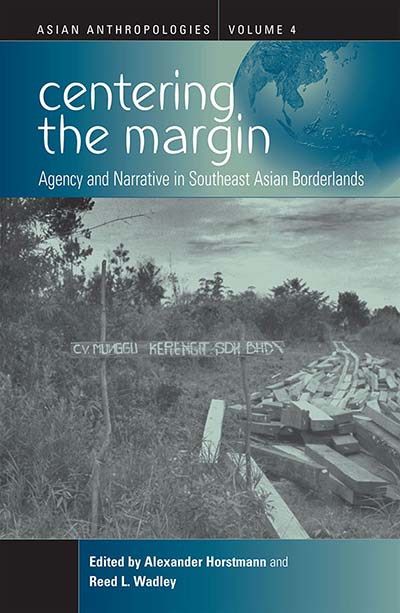
Series
Volume 21
Epistemologies of Healing
See Related
Anthropology JournalsEmail Newsletters
Sign up for our email newsletters to get customized updates on new Berghahn publications.
Breathing Hearts
Sufism, Healing, and Anti-Muslim Racism in Germany
Nasima Selim
Full Text PDF | Full Text ePUB Made available under a CC BY-NC-ND 4. license with support from Berghahn Open Migration and Development Studies initiative.
268 pages, 16 ills., bibliog., index
ISBN 978-1-80539-198-2 $135.00/£104.00 / Hb / Published (January 2024)
Reviews
“It is a significant contribution to the field of Sufi studies as it documents some movements, such as the Tümata-Berlin, that are largely unknown to academic audiences … one of its most remarkable aspects is that it provides an interesting evaluation of Murshida’s work in Western Europe today, an interesting and largely understudied area within Sufi studies.” • Marta Domínguez Díaz, University of St. Gallen
“Breathing Hearts is a "thoroughly researched ethnography in which the author practices what she calls a ‘double apprenticeship’ in which she has acquired an impressive array of skills and knowledge in both anthropology and the practices of Sufism... Selim has produced a work that felicitiously embraces socio-cultural complexity, a task that meets the challenges of social description in turbulent times. Her text, which is derived from the aforementioned dual apprenticeship and features a skillfully produced mix of narrative and analysis, introduces some important concepts... —affective pedagogy, conditions of possibility, structural limitations, embodied religious practices, learning how to learn, and living social life otherwise... I also found the embodied emphasis on “breathing” to be particularly noteworthy—something that takes the reader beyond this ‘ism’ or that ‘ism’ in the latest analytical toolkit.” • Paul Stoller, West Chester University
Description
Sufism is known as the mystical dimension of Islam. Breathing Hearts explores this definition to find out what it means to ‘breathe well’ along the Sufi path in the context of anti-Muslim racism. It is the first book-length ethnographic account of Sufi practices and politics in Berlin and describes how Sufi practices are mobilized in healing secular and religious suffering. It tracks the Desire Lines of multi-ethnic immigrants of color, and white German interlocutors to show how Sufi practices complicate the post secular imagination of healing in Germany.
Nasima Selim is a Postdoctoral Research Associate of Anthropology at the University of Bayreuth. Nasima's work intersects medical anthropology, global health, public anthropology, and anthropology of Islam across Western Europe and South Asia. She is a breathworker, educator, researcher, and writer.
Subject: Anthropology (General)Anthropology of ReligionRefugee and Migration Studies
Area: Germany
Breathing Hearts by Nasima Selim is available open access under a Creative Commons Attribution-NonCommercial-NoDerivatives 4.0 International License (CC BY-NC-ND 4.0) with support from Berghahn Open Migration and Development Studies initiative.
Full Text PDF | Full Text ePUB
OA ISBN: 978-1-80539-236-1
Contents
Download ToC (PDF)



